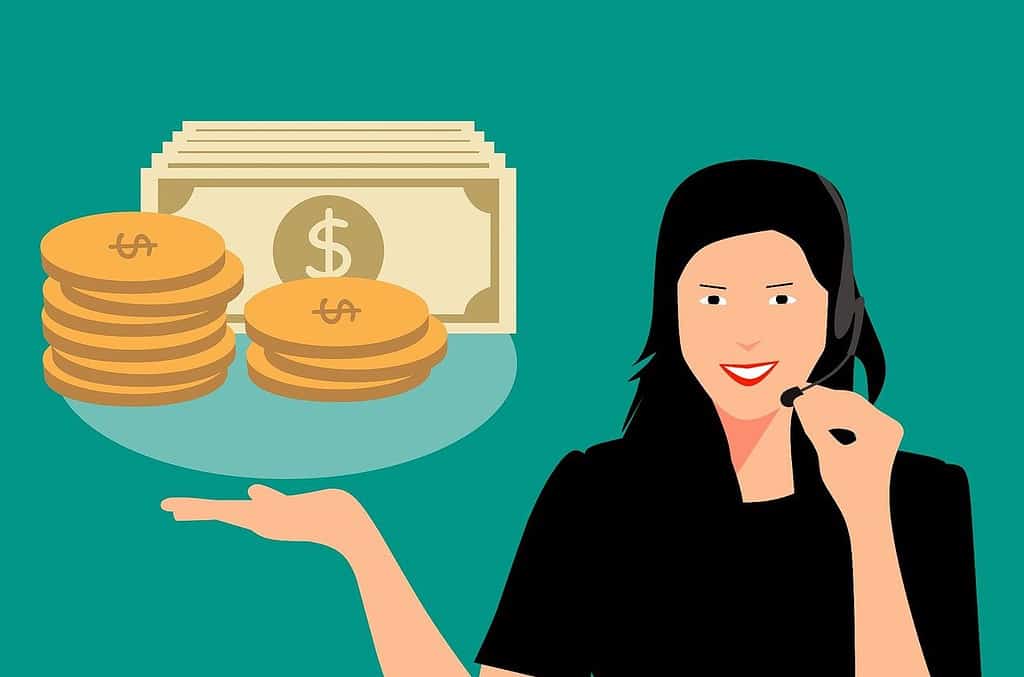Even the most seasoned CFD traders can
fall into psychological traps—from chasing the hype to holding poor trades out
of stubborn hope. Emotional biases can cloud judgment and lead even experienced
traders to costly blunders. However, psychological resilience reduces the risk
of a loss. Octa Broker, as part of its commitment to traders’ education,
explores how emotion-driven decisions can quietly sabotage performance and
offers practical guidance for staying focused and disciplined.
What are psychological traps in CFD trading?
Psychological traps consist of cognitive
bias and emotional responses that negatively affect trading decisions.
Cognitive bias compels traders from their strategy, potentially undermining
their results. Notably, such traps are not exclusive to novices. Experienced
traders are not immune to them either, especially when the market is volatile.
Emotions are powerful forces in
trading. They can override rational analysis, prompting impulsive behaviour and
unwise actions. Empirical findings in trading psychology indicate that
investors frequently succumb to fear and greed, two emotions that can cloud
their decision-making, potentially resulting in suboptimal profits or, more
severely, significant losses.
6 common psychological traps in CFD trading—and how they work
- Fear of missing out
(FOMO) drives traders to enter positions based
on the anxiety of missing potential profits, often influenced by market
hype or social media trends. This behaviour can lead to buying at peak
prices without proper analysis. FOMO-driven traders may trade excessively,
believing that more trades will increase their chances of hitting a
winning opportunity. - Revenge trading. After
incurring losses, some traders attempt to recover quickly by making
impulsive trades without adequate analysis. This often exacerbates losses
and deviates from disciplined trading plans. - Overtrading. A
situation when traders try to always be active in the market and take
positions without clear signals or strategies. This impatience can result
in increased transaction costs and exposure to unnecessary risks. - Gambler’s fallacy involves
believing that a series of losses or gains will be naturally followed by
the opposite outcome. Driven by the anticipation of an imminent reversal,
traders may prematurely try to ‘pick a top’ during a bullish trend or
‘find a bottom’ in a bearish trend, often without sufficient evidence. - Hope vs. strategy
means holding onto losing positions, believing that the market will turn
in their favour, despite evidence to the contrary. This can lead to
significant losses as traders ignore stop-loss rules and objective
analysis. - Herd mentality implies mimicking the crowd by following others’ trades
without analysis. Herd behaviour may form bubbles or exacerbate market
downturns, leading traders to buy or sell too early.
Spotting the signs—when you’re not thinking straight
Be mindful of the sudden impulses to
deviate from your trading plan, especially after winning or losing a lot. A
shifted risk tolerance, such as opening positions that are unusually large, can
be a sign of emotional trading. Other behavioural
red flags include:
●
ignoring predetermined
stop-loss levels
●
doubling down on losing
positions
●
frequently changing strategies
without thorough evaluation.
Recognising these signs is the first
step in regaining control and preventing emotion-driven decisions. Here are
other tips to stay in control when trading:
●
Plan before trading. Develop a
comprehensive trading plan that outlines entry and exit points, risk tolerance,
position sizes, and adhere to it
●
Journal your trades to record your
progress and monitor your emotional state. This helps identify patterns in
behaviour and improve self-control.
●
Use stop-loss and take-profit
orders to automate discipline, ensuring that
decisions are executed as planned, even in volatile markets. Given the
high-risk nature of CFDs, such controls are vital
●
Learn from mistakes. Regularly review
your trading history to understand what worked and what didn’t. Reflecting on
past errors fosters growth and helps in refining strategies
●
Step away when needed. Taking breaks
from trading, especially after a series of losses or even wins, can provide
perspective and prevent burnout. As Kar Yong Ang, a financial analyst at Octa
Broker, advises: ‘Your worst trades often come when you feel most confident—or
most afraid. Mastering trading psychology is what separates short-term reaction
from long-term resilience.’
While technical ability and market
knowledge form the foundation of trading, psychological discipline determines
long-term success. Even a valid strategy can be undermined by emotional biases.
By recognising common psychological traps and implementing measures to negate
them, traders can improve their decisions and perform more consistently.
Constant self-monitoring, deliberate discipline, and emotional mastery are key
factors in navigating the complex psychological landscape of trading.
Compliance
reminder: trading
Contracts for Difference (CFDs) carries a high level of risk and may not be
suitable for all investors. Emotional trading can increase this risk. Always
trade within your means and understand the risks involved.
Trading involves risks
and may not be suitable for all investors. Use your expertise wisely and
evaluate all associated risks before making an investment decision.
About Octa
Octa is an international broker that has been providing online
trading services worldwide since 2011. It offers commission-free access to
financial markets and various services used by clients from 180 countries who
have opened more than 52 million trading accounts. To help its clients reach
their investment goals, Octa offers free educational webinars, articles, and
analytical tools.
The company is involved in a
comprehensive network of charitable and humanitarian initiatives, including the
improvement of educational infrastructure and short-notice relief projects
supporting local communities.
Since its foundation, Octa has won
more than 100 awards, including the ‘Most Reliable Broker Global 2024’ award
from Global Forex Awards and the ‘Best Mobile Trading Platform 2024’ award from
Global Brand Magazine.
This article was written by FL Contributors at www.forexlive.com.

